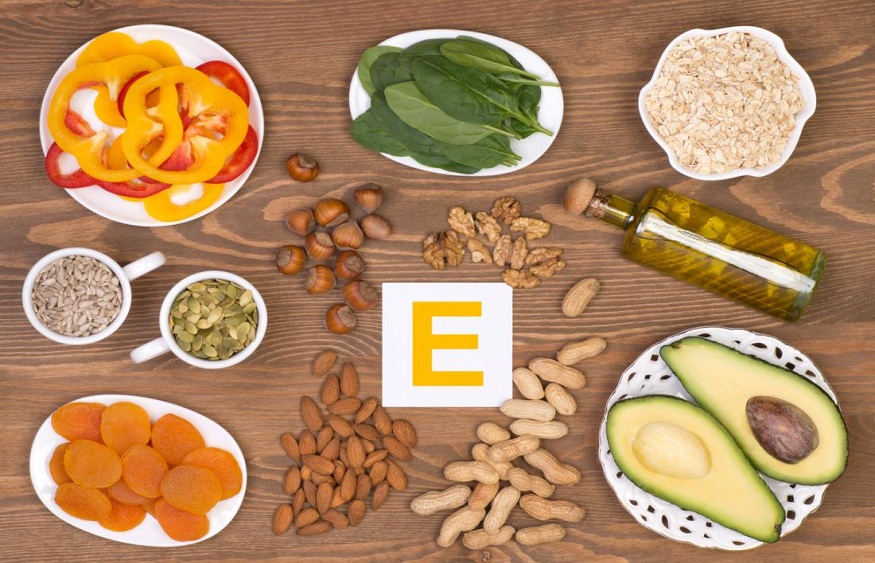You’ve probably heard of vitamins A, B, C, and D more often than you’ve heard of vitamin E. It may have come to a point where you aren’t familiar with what vitamin E is and its functions!
For starters, did you know that vitamin E isn’t a single compound but a group of eight fat-soluble compounds? That’s why it’s essential that you get enough of this nutrient, may it be through a healthy diet or supplementation from brands like Vital Nutrients at Supplement First.
Take a look at the importance of vitamin E and how our bodies benefit from it.
1. Reduce Markers of Oxidative Stress
Oxidative stress is a condition occurring when your body experiences an imbalance in its antioxidant defenses and the production and accumulation of compounds known as reactive oxygen species. As a result, your body is at risk of cellular damage and certain diseases.
Vitamin E is a powerful antioxidant, so getting enough of it can reduce markers of oxidative stress and boost antioxidant defenses in certain groups.
2. Reduced Risk of Heart Disease
High blood pressure, as well as blood lipid and triglyceride levels, can increase your risk of heart disease.
Vitamin E is said to help reduce heart disease risk factors in some people. Some studies show that vitamin E and omega-3 supplements can reduce LDL and triglyceride levels in those with metabolic syndrome, which is a condition that increases the risk of heart disease.
3. May Help Manage Dysmenorrhea
Dysmenorrhea is a condition characterized by menstrual pain like pelvic pain and cramps. Some research has suggested that vitamin E can help reduce pain in those with dysmenorrhea.
4. Other Potential Health Benefits
There are more benefits you can reap from vitamin E, including:
– Can benefit skin health – It’s shown that vitamin E supplements from brands like Thorne Research can help those with skin conditions like eczema.
– Can benefit cognitive health – Vitamin E may help protect against cognitive decline.
-In older adults – Vitamin E can help reduce inflammation and improve immune function, which can benefit older adults.
– Lung function – Vitamin E can improve lung function and asthma symptoms.
How to Get Enough Vitamin E
Those over 14 years old should get 15 mg of vitamin E daily. Vitamin E deficiencies are rare, as well as overdosing on the nutrient. That said, having too much vitamin E can cause negative side effects, such as an increased risk of bleeding or even an increased risk of prostate cancer.
You can get enough vitamin E through supplementation, but it’s recommended to meet your nutrient needs through the food you consume.
Here are vitamin E-rich foods you can include in your diet:
– Wheat germ oil
– Dry-roasted almonds and sunflower seeds
– Boiled spinach
– Boiled broccoli
– Kiwi
– Mango
-Tomato
Wrapping It Up
Now that you know about the importance of vitamin E, make sure you get enough of it through a healthy diet!

